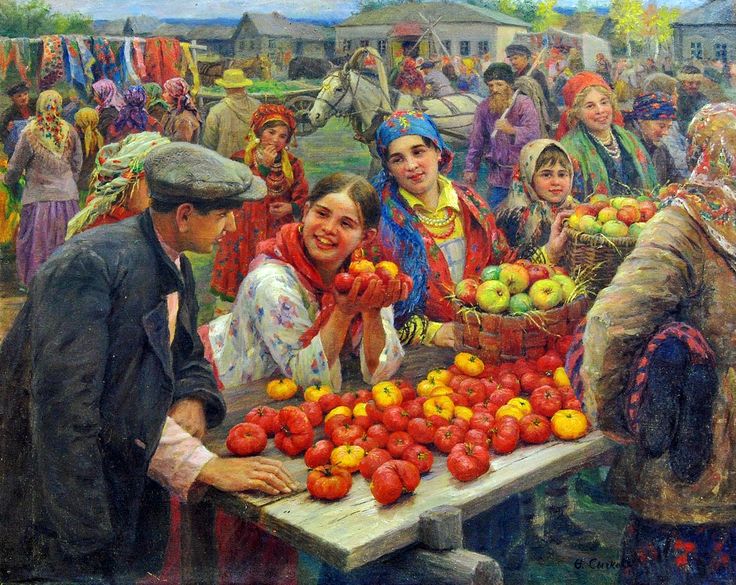Organic food is a myth. When people talk about “organic” food, they believe that “organic” food is free of pesticides and chemicals – or worse, that it is wonderful for the environment. They could not be more wrong.
Organic food uses pesticides and chemicals – and it harms also harms the environment.
Although it’s true, organic farming does restrict the use of some pesticides, however it does allow others. Therefore, this does not make organic food particularly better than food grown on a “conventional” farm. After all, the organic food program doesn’t address food safety.
Thanks to the environmentalist movements of the 1960’s, farmers have had to update their chemical pesticides – thus leaving a negligible difference in the pesticides used in “organic” food and “conventional” food. For example, the pesticide Rotenone has danced in and out of being a legally “organic.”
As a general pesticide, it kills more organisms then the intended pest causing a great deal of collateral ecological damage. Worse of all, Rotenone is linked with the development of Parkinson’s in human beings and other vertebrates.
It’s important to remember that just because a pesticide is naturally occurring doesn’t mean that it’s not toxic and harmful. Tobacco is natural, but is far from healthy.
But then why is it called organic food? If these “conventional” foods are so good, then why don’t they get certified as “organic” food, seeing that they’re of equal quality?
The answer is the soil.
The popular alternative to organic food by “conventional” farmers is bombarding their crops with man-made fertilizer. When artificial fertilizer is applied, many of the microbes in the soil get killed off. This lowers soil fertility, but we compensate by just dumping more nutrients. It is important to understand that crop yield is greater under the artificial system.
But this system is also far from perfect.
The problem with this is that, meanwhile, contemporary organic farms are inefficient – very inefficient. So, to compensate we rapidly expand our “organic” farmland by tearing down forests, draining wetlands, and clearing other ecosystems.
In fact, organic farms leave a larger carbon footprint. Not only because we tear down more ecosystems to compensate for their smaller yields, but because we need cattle dung to nourish organic farms. Those microbes love natural fertilizer (i.e. dung). As you may have guessed, we get that dung from cows. As any vegan will tell you, cows make a lot of carbon. Thus, organic farms not only chop down forests that would get rid of CO2, but they also require CO2 producing animals.
There isn’t any easy answer as to how we solve our agriculture problems, but one thing is certain. When the label says organic, it’s not talking about the apple. Organic foods are not that much healthier, and they are arguably worse for the environment.
